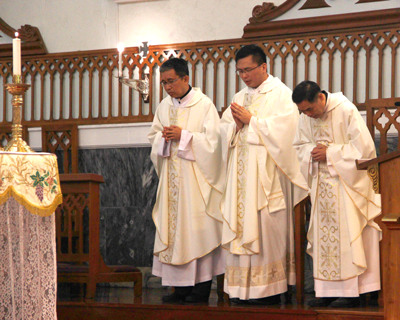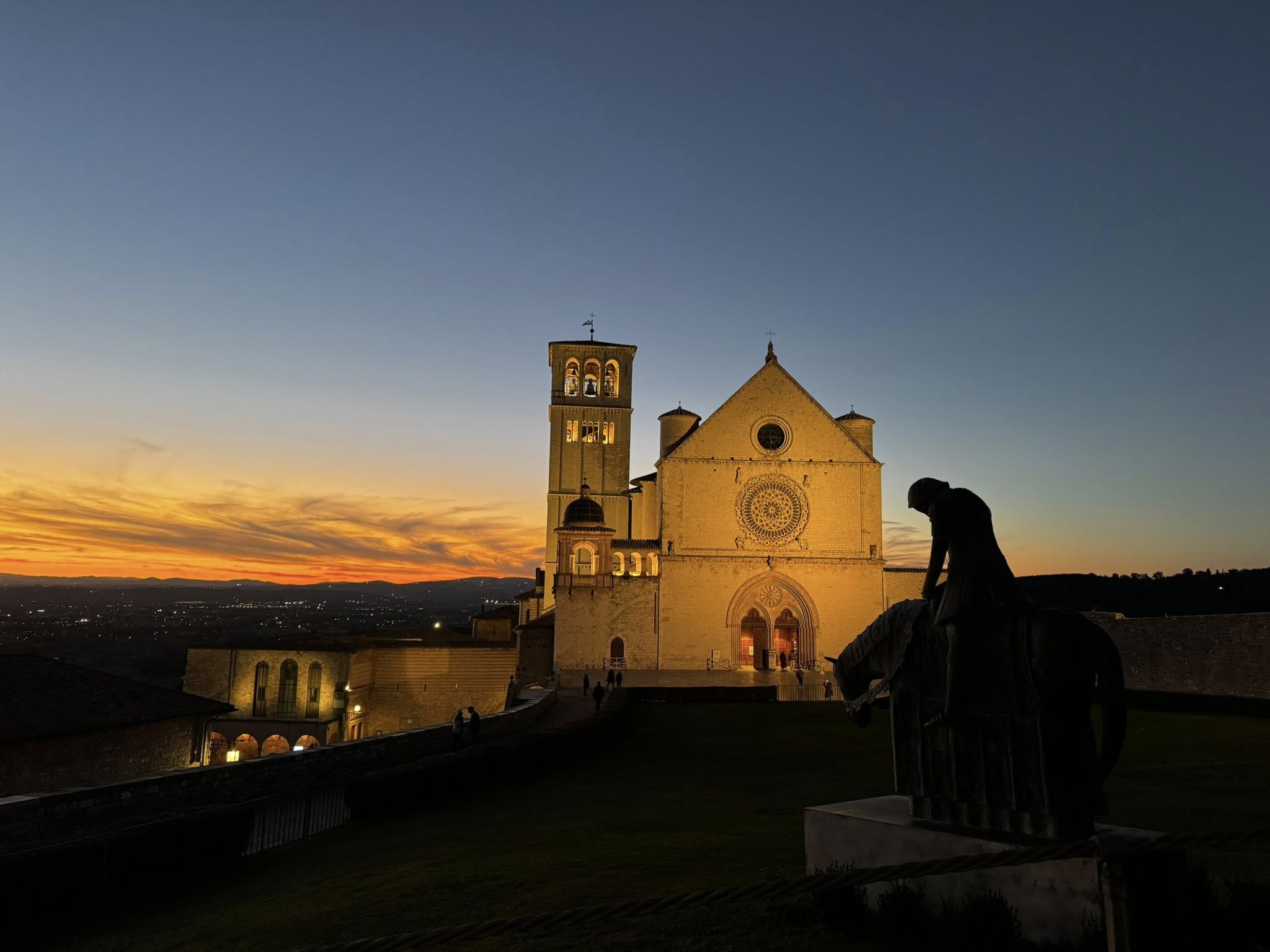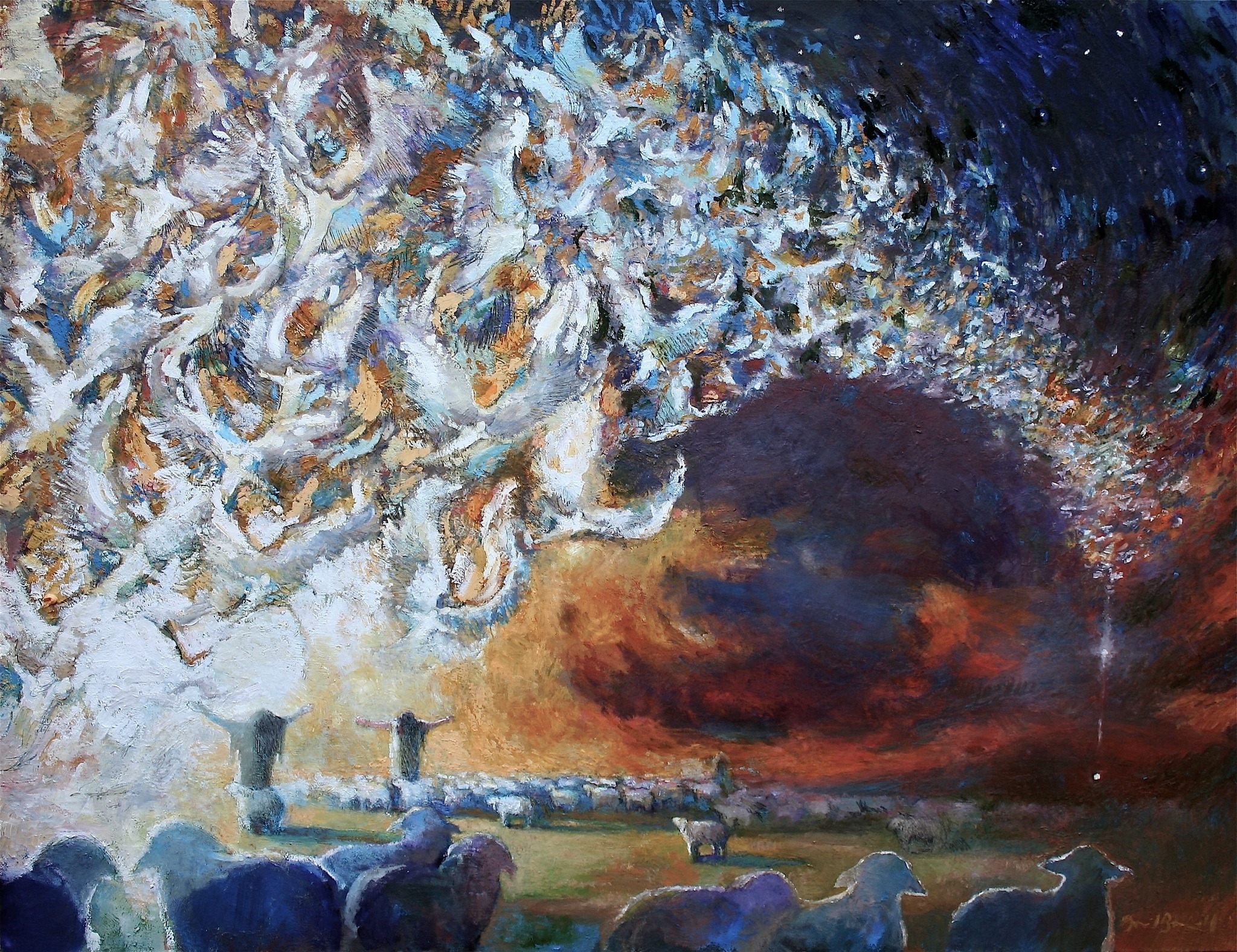PHOTO – Jasmin Yiu
– Fr Leonard E Dollentas
“To fall in love with God is the greatest of romances, to seek him the greatest adventure, to find him the greatest human achievement.” (St Augustine)
A story is told about a priest and a bus driver who both died and went to heaven. St Peter ushered them to their permanent abodes in heaven. They hopped on to a golf cart and went out the back door. They stopped at about 50 acres of rolling hills. Thereupon, St Peter turned to the priest and said: “Father, this will be yours for eternity, a perfect little cottage, right next to lovely pond, a lush little garden, and a library full of books.” The priest was delighted and with his modest smile thanked St Peter. The priest was dropped, and St Peter and the bus driver went back to the pearly gates. They transferred to a flashy car, a 2018 Mercedes-Benz SL-class and went out the front door. They stopped before 500 acres of land, with mountains and lakes and rivers. There was a huge 200-room castle on one of the mountains, and a wishing well that makes wishes come true. St Peter said to the bus driver: “Well then, this will be yours for eternity, you can live in that castle with servants to attend to you.” The bus driver was overjoyed, yet a little hesitant and said to St Peter: “St Peter, I should be grateful, but why am I getting so much more than the priest?” St Peter giggled and said: “You brought more souls to Heaven! When the priest preached, everyone fell asleep. When you drove your bus, people prayed!”
We have heard a number of stories about priests, many of them amusing. But, more recently we hardly receive good and heartwarming Catholic priestly news. The media is always quick to give us the shocking and shameful stories on priests, all pertaining to the priestly abuse trauma -a sad phenomenon that have cause the faithful to weep. I remember a quotation on priests which says, “Priests are like airplanes: one fails and it’s all over the news, but no one remembers those who are still flying.” True, there are priests who may have fallen and have caused scandals, but there are still priests who continue to be faithful, and who are silently transforming the hearts and lives of so many people, enabling them to experience God’s merciful love. Priests who make a significant impact on the way we believe and the way we live. Priests that have inspired us and for whom we continue to pray, whether he be religious or diocesan.
There are a number of differences between religious and the diocesan priests. The more common is the known image of the religious taking vows of poverty, chastity, and obedience. They live in community and they have a defining spirituality and unique mission from their founder or foundress.
WHAT CHARACTERIZES THE DIOCESAN PRIESTHOOD
A diocesan priest is called in service to the local church, rather than live in a community and follow a particular charism. One young man told me that the life of diocesan priests seemed to be more tough with not much of piety, then concluded that maybe a religious priest is “better” or “holier” than a diocesan priest. Absolutely not. The right vocation for a particular man is simply a matter of where God is calling him to serve. Vocation is a grace from God, if one responds to that grace faithfully, then it gives him much fulfillment, joy and ways to attain holiness whether he is a religious or a diocesan priest.
A diocesan priest makes three promises to the church, before his bishop. He promises to pray daily the Liturgy of the Hours. His faithfulness to his prayer life keeps him close to God. Secondly, the diocesan priest promises obedience and loyalty to his bishop. After he receives his ordination as a deacon he is incardinated (affiliated) within a particular diocese, and he makes a promise to obey his bishop. His bishop guides him until he is ordained a priest, and he ministers where the bishop asks him to serve. Thirdly, the priest promises to live a celibate life so that he can always be available for the needs of the Church, and completely give his own life to Christ and the people whom he has been called to love and serve.
WHAT DIOCESAN PRIESTS DO
Most often, a diocesan priest is assigned by his bishop to minister in a parish. He is provided with a house, usually adjacent to the parish church, called the rectory. This is for him to focus readily on the needs of his parishioners. He is to live a simple life in his rectory. He, however, can own a car and other possessions that are necessary in order to fulfill his duties and ministry in the Church. His main work is preaching the Gospel and administering the sacraments of the Church to the faithful, especially the Mass. His daily activity may include anointing the sick and dying, burying the dead and consoling those who need his help. Be blesses a new house, a car, a shop and he maybe be called to visit people when they are in hospital or in prison, to name just a few. He may also be asked by his bishop to undertake other tasks, such as teaching, chaplaincy, formation of seminarians, administration of the diocese or directing diocesan agencies. Most importantly, priests are called to give their people examples of holy life and lead them get to heaven.
THE PATH TO THE PRIESTHOOD
If a young man, after completing high school or some years in college, may consider the vocation to the diocesan priesthood, he has to consult his parish priest. The latter may suggest that he then talk to the diocesan vocation director. He will be guided by the vocation director on a journey of discernment devoted to considering God’s call. This journey may include sessions and exposures to the seminary life.
After some time, should the young man decide to make formal application to join the seminary, he will undertake an assessment process to determine his suitability for the priesthood. The procedure expects him to show not only his willingness, but an assurance that he possesses good potential and strong suitability to undergo formation and studies to prepare him for ordination.
Suitability assessments may include psychological examinations. This is intended to detect “grave immaturity” and imbalances in the candidates’ personality. Church guidelines on the use of this assessment tool maintains that those candidates to the priesthood exhibiting traits like “strong affective dependencies; notable lack of freedom in relations; excessive rigidity of character; lack of loyalty; uncertain sexual identity [and] deep-seated homosexual tendencies” may not be accepted to undergo a seminary program or would have his seminary training interrupted. ( Congregations for Catholic Education, Guidelines for the use of Psychology in the Admission and Formation of Candidates for the Priesthood, June 29, 2008, no 8)
Once he is accepted for the seminary, he will begin years of formation and study leading to ordination. He will study philosophy and theology and have to undergo pastoral experience, as well as learning life skills, and have regular times of prayer and recreation in the community.
The years at the seminary are part of the process of discernment. If the candidate, after having reflected concludes with all honesty that the life and ministry of priesthood is not for him, is free to leave.
After thorough evaluation, for just reasons and for the good of the Church, formators may also advise a candidate to leave the seminary and pursue his life of faith in another field.


 Follow
Follow

